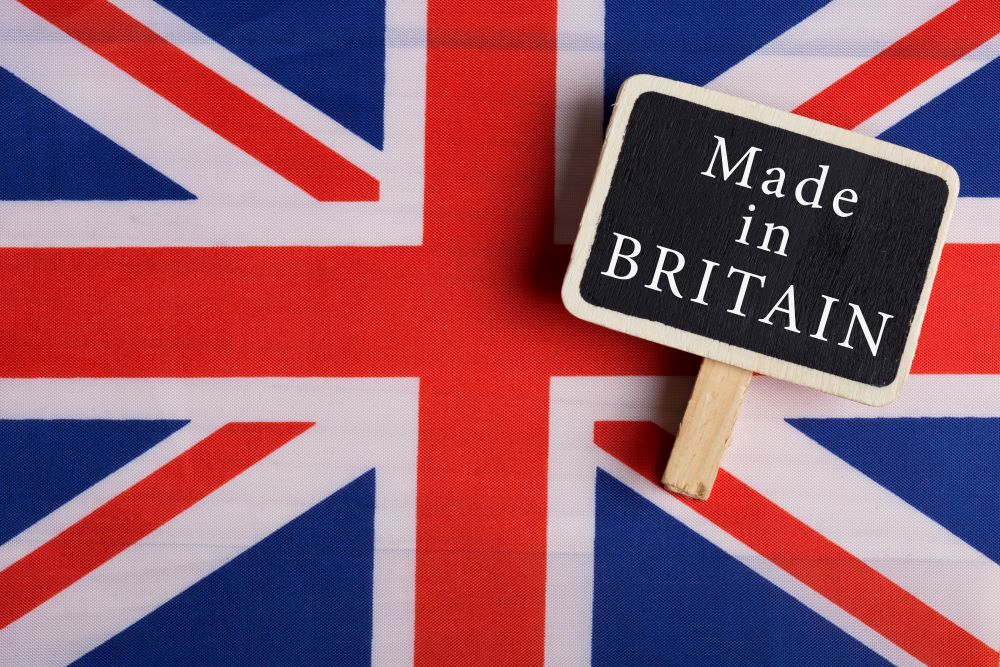
Amidst the relief of the UK securing a free trade deal with the EU at the close of last year, experts pointed with growing concern to a 50-page section on Rules of Origin – the criteria for determining the national source of an imported product.
For while the UK-EU Trade and Cooperation Agreement secured future tariff-free trade for businesses trading between the UK and EU, firms re-exporting to the EU need to comply with the deal’s Rules of Origin to qualify.
Re-exporting concern
Under the deal's origin rules, major retailers using the UK as a distribution hub for European business could face possible tariffs if they re-export to the EU, forcing them to reconsider their supply chains.
A free webinar being hosted by the IOE&IT on Tuesday 26 January from 3-4pm will address the issues facing businesses affected by this element of the UK-EU deal.
Click here to register for Rules of Origin in the UK-EU trade deal and learn about:
- Commercial implications, challenges and opportunities
- Proving Origin: supplier declarations and importer's knowledge
- Use of customs and trade procedures to support effective trade and zero tariffs
- Key principles around bilateral cumulation: when they apply and when they do not
Grace period
Though inclusion of origin rules in free trade agreements is standard, HM Government has negotiated a year’s grace period for GB firms to prepare for the extra administration around proving origin that will be required.
Despite this delay, GB importers sourcing ingredients or parts from outside the EU need to start retaining all documents around the import process, a conference on the UK-Japan trade deal was told today.
Presenting at the UK-Japan Free Trade Summit this morning, IOE&IT Academy director Kevin Shakespeare said that UK importers need to examine the level of UK processing taking place that adds real value to their final products. Supporting evidence would be “vital” in case importers are later audited by HMRC, he said.
Shakespeare, an approved United Nations international trade trainer who manages training for HMRC’s Trader Support Service, will host next Tuesday’s webinar.



